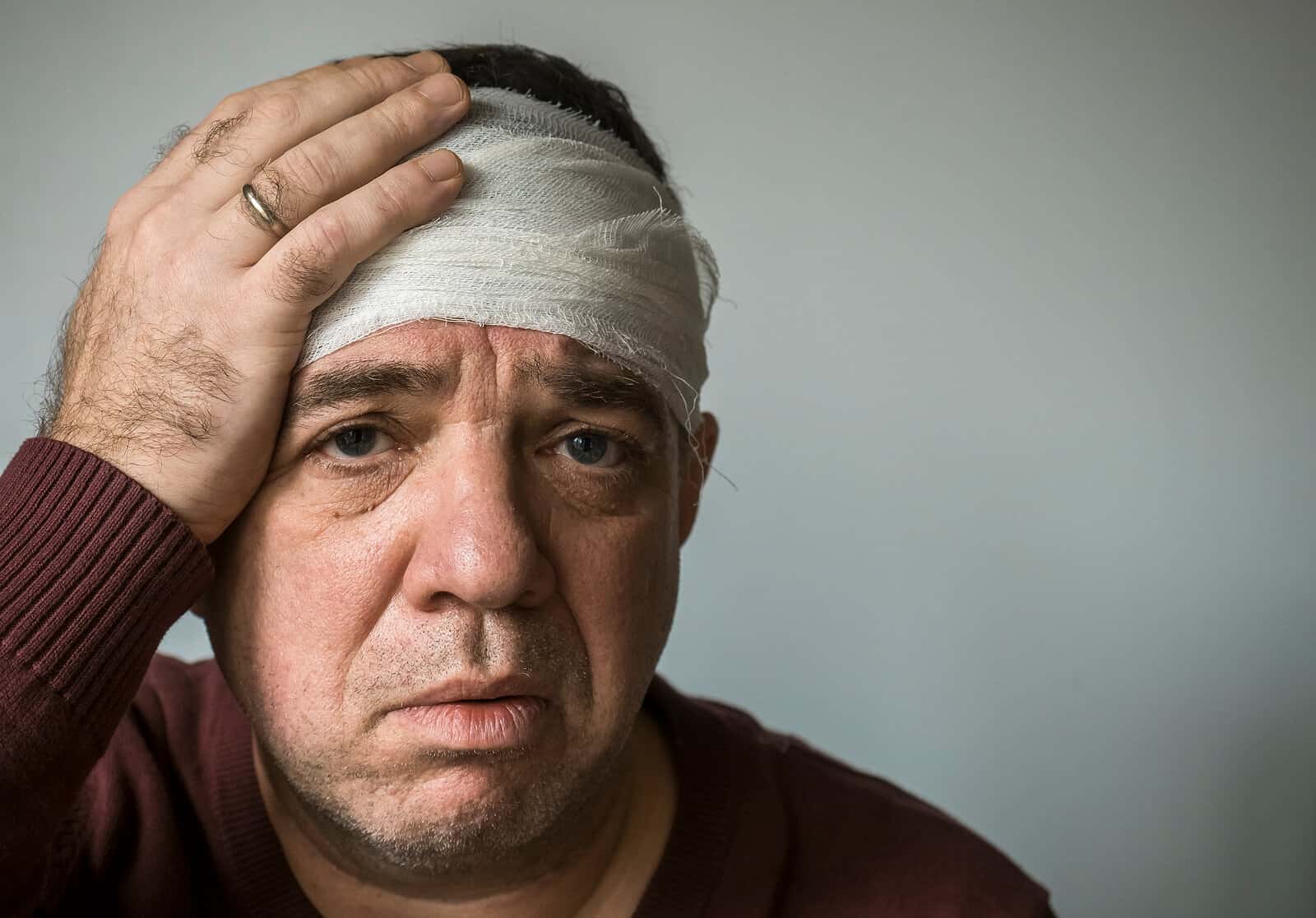
No one wants to fall, but it does happen. When we are young, we can often brush ourselves off, however, for older adults, falls have an increased risk. Weakened bones due to osteoporosis and the likeliness of more comorbidities such as diabetes, cardiovascular disease and hypertension mean more risk of serious injury. When surgery is required, in senior patients, it can mean more difficult recovery with more complications. It is estimated that one in four Americans age 65 or older fall annually, according to the Centers for Disease Control and Prevention (CDC). With statistics this high, it’s important to do what we can to prevent falls as we age. Surprisingly, one thing you can do to prevent the risk of falls is hearing loss.
Hearing and balance: the surprising connection
Many people are shocked to find out that hearing and balance are connected. However, once you understand more of both systems, you’ll find that they both share similarities. In the ear, balance and hearing are directly connected, sharing a common nerve pathway to the brain.
The two systems rest next to each other and both communicate with the brain via tiny hair-like cells. The vestibular system is a maze-like, fluid filled organ which sends information about the position of our head to our brain, which then informs our muscles and skin to compensate.
Hearing Loss and it’s Effect on Your Balance
What you hear (and don’t hear) directly affects your balance, explains Anat Lubetzky, PhD, assistant professor in the Physical Therapy Department at New York University, with a team at New York Eye and Ear Infirmary.
Understanding the impact hearing loss has on balance is particularly a concern you’re your balance is compromised, as is the case often with older adults.
“Most of us in the field believe that people with poor balance benefit a lot from auditory cues,” explains Timothy Hullar, MD, a professor of otolaryngology at Oregon Health and Science University,
Hearing loss and an Increased Risk of Falls
Studies have found that even mild hearing loss can affect fall risk. A mild hearing loss is so subtle it just classifies as a hearing loss, equaling a 25-35 decibel hearing loss. According to a report of people aged 40 to 69, this degree of hearing loss has been found to triple your chance of falling. Because hearing loss often develops at this age and is more mild, you are not often prepared to compensate for the effects on your hearing and balance, opening the door for more accidents and falls.
A separate study from the University of Michigan, analyzed data on nearly 115,000 seniors newly diagnosed with hearing loss (but otherwise healthy) and found that 13 percent had an injury in a fall within three years, compared to 7.5 percent of the general population their age.
Why Does Hearing Loss Effect Balance
There are several aspects of our hearing which may impact our balance.
Hearing loss and it’s effect on the brain: When the signals to your brain are interrupted by hearing loss your brain has to work harder to process sound. This can take away from the world around you, increasing the risk of accidents.
Aging affects both hearing and balance: evidence suggests the vestibular sense may begin to decline at about the age of 40. Meanwhile it’s recommended that you start screening for hearing loss annually at 50 years and beyond, as the risk increases significantly
Sounds inform our balance: We stay balanced in conjunction from several senses including vision, the coordination between our head and our eyes, our muscle and joint coordination—and the sounds we hear around us. Studies have shown that when people with hearing loss hear stable background sounds, that posture often improves.
Do hearing aids help prevent falls?
While there is no cure for hearing loss, hearing aids can help you hear the people and the world around you. They may also improve your balance as well. The University of Michigan study reports that even using hearing aids for the first-time cut the risk of a fall-related injury by 13 percentage points over the next three years. Stay on your toes with amplified hearing and schedule your next hearing exam with us today!
